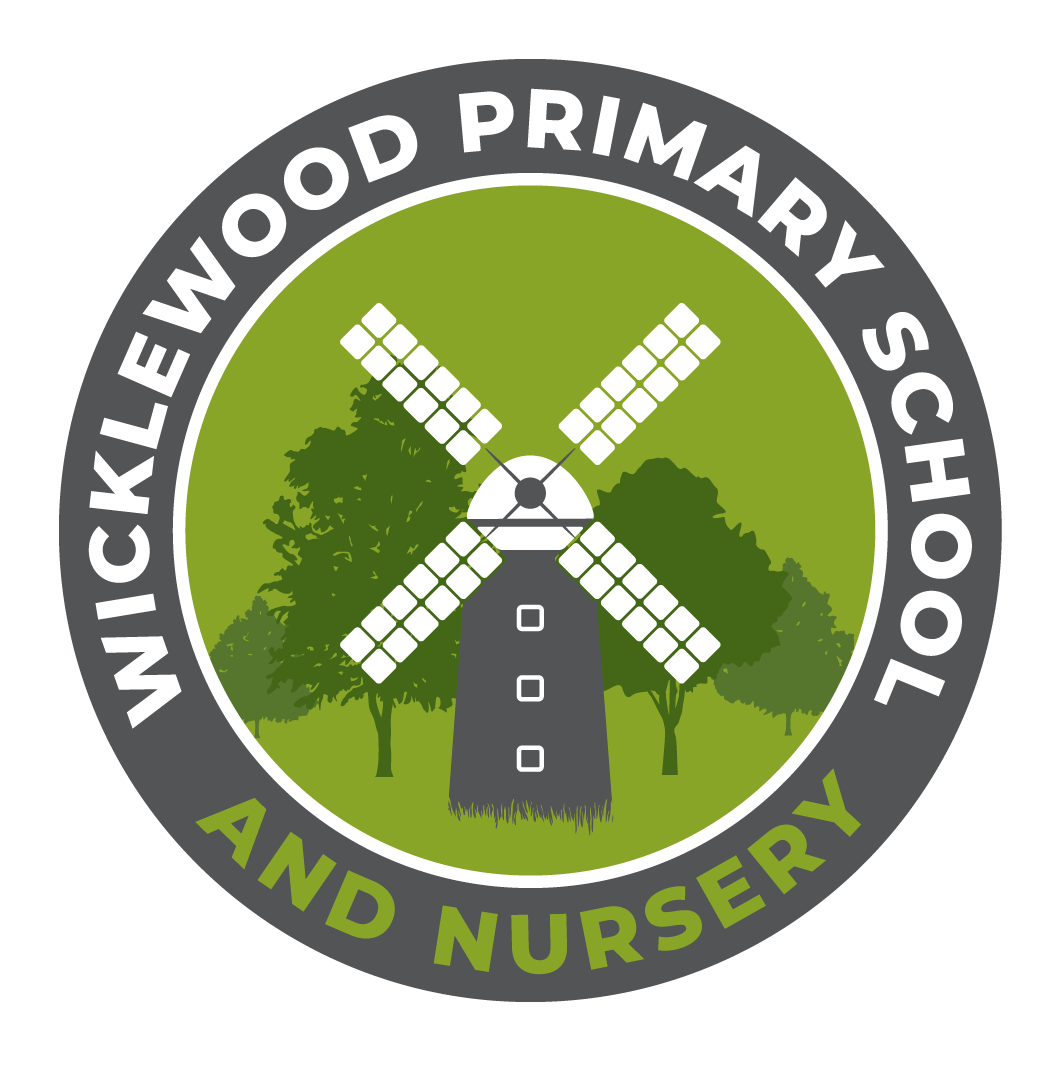Reading
Our Reading Vision at Wicklewood Primary School and Nursery
Central to learning is creating a life-long love of reading and books within our school community. At Wicklewood, it is our belief that every child should be able to read for pleasure and to a high standard. We want to develop our children’s imaginations to open up a treasure trove of wonder and joy for curious young minds. We also believe that every child should be given the tools to develop into an enthusiastic and confident reader both at home and at school. Reading improves language and vocabulary, inspires imagination and gives everyone the opportunity to escape everyday worries and develop new interests.
PHONICS - KS1
Every child is taught a range of strategies to support their development to become a confident, independent reader. In Foundation and Key Stage 1, children continue to develop their phonic knowledge to decode more complex words through the Read Write Inc phonics scheme. This involves participation in daily phonics sessions, grouped by existing phonic knowledge, to learn or revise Set 2 and then Set 3 sounds (including alternative graphemes) using Fred talk to orally blend and segment words as a class and with partner practice. The children also learn to read common exception words in these sessions. Learners then use their phonics skills to read levelled Read Write Inc reading books in class and at home.
READING - KS2
Once the children have learnt how to read, they can then learn to comprehend and understand the text they are reading. Texts are engaging and provide them with the opportunity to practise their phonic sounds. Children are encouraged to use these strategies independently to understand, enjoy and learn from a range of texts. Through this, they will become fluent, expressive readers with the stamina to enjoy challenging texts. In KS2, we offer a range of reading opportunities such as quiet reading time, whole class story time, whole class guided reading and book talk. These provide children with the opportunity to apply their reading and comprehension skills to a variety of texts. Book discussion is widely encouraged in class, which supports children to empathise with characters, share opinions and debate topics.
Whole Class Reading is taught at least three times a week in Key Stage 2 and is built around the teacher reading high-quality and challenging texts, which are dissected by the class through high-level questioning and discussion. Each session includes a range of activities that enable pupils to develop their fluency, automaticity , vocabulary and comprehension skills. Each lesson is explicitly linked to the reading domains and the teacher models the reading skill that they want the children to develop.
Teachers nurture a love of books by placing reading at the centre of the curriculum, introducing new texts with enthusiasm and enjoyment, promoting a sense of wonder and expectation as the text is explored. All teachers use quality texts in all aspects of their teaching across the curriculum and provide opportunities that extend and enrich the children’s learning. It is these tools and opportunities that we believe give our children the necessary skills to become thoughtful and confident readers for life, which helps them in everything they do. The children at Wicklewood Primary School have independent access to a wide variety of high quality texts in dedicated class book nooks and the newly designated school library space.
We know that reading at home is an essential part of children becoming excellent readers and because of this, children have a wide range of banded fiction and non-fiction books for home reading using Collins Big Cats. This choice ensures children continue to be enthusiastic and independent readers. Children are encouraged to read regularly at home from Foundation Stage to Year 6. Children’s individual reading records are an important source of communication between home and school and it is vital that these are filled in to indicate how often the child has read. We aim to increase the reading miles of every child within our educational setting. Currently, reading records are checked weekly and the number of children reading five times a week recorded for Celebration Assembly at the end of the week.

